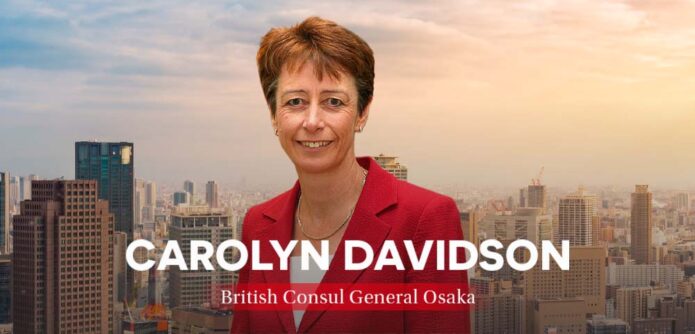Confidence in the market has brought more growth
- No major economic or political shocks foreseen
- Growth in number of European firms entering Japan market
- Japanese firms more willing to consider mid-career hires
There will always be bumps in the road—an economic downturn, a political shock, a major natural disaster—but recruitment specialists Michael Page are growing strongly in Japan, and see this country as a market with untapped potential that will continue to provide excellent returns.
Given the trials and tribulations that have beset the global economic order in recent years, Japan is a good place to be.
“[Problems] are, of course, hard to predict, but we do not see any serious macro-economic or political shocks on the horizon. We anticipate that Japan will continue on its current, gradually rising path”, said Basil Le Roux, managing director of the Japan operations at the London-based firm.
“Our predictions are that there will continue to be growth opportunities, and we expect Japan to remain a good place for us to do business”, he said.
South Africa-born Le Roux has worked with Page Group, incorporating Michael Page and Page Executive, for 16 years. He arrived in Japan in July 2011, a time of uncertainty nationwide.
“Business had been very good for Michael Page in Japan for a number of years, and then the world experienced the Lehman crisis”, he points out. “That situation bottomed out in 2009, and things were picking up again when the Tohoku earthquake struck. And then, when things began to recover again, there was the Eurozone crisis”.
Despite those substantial dents to national and regional economies, and shaken confidence on a broader scale, Le Roux says 2012 and 2013 were “very good”, and once again saw strong growth in the recruitment sector. Results this fiscal year are “harder to call at the moment”, he said, but 2014 is expected to bring another record performance.
Confidence in Japan has seen Michael Page increase its locally based staff from 70 around two years ago to 120 today, with plans to double the number.
The business is placing around 1,000 candidates per year in every sector, including finance, banking, pharmaceuticals, healthcare, consumer goods and manufacturing. Moreover, it has a significant number of temporary staff on its books as well.
The majority of its clients are large, foreign multinationals that require capable and experienced bilingual staff.
“These are well-established companies that have been here for a good period of time and have ongoing demand”, Le Roux said. “Much of that is because of the shortage of candidates with the required language skills.
“Recently, we have been seeing a growth in the number of European companies trying to enter the Japan market, which is perhaps a reflection of the slowdown in their home markets, as well as US technology firms looking to expand”, he added.
While the operations of these firms are relatively small at the moment—usually comprising a representative office with a staff of four or five—the firms are going to require people with knowledge and an understanding of the Japan market as soon as they take the plunge and commit to a full-scale presence in the country.
Interestingly, Le Roux points out, Michael Page is seeing a gradual change in attitudes among some Japanese firms, particularly those in the technology and applications sectors, as they become increasingly willing to consider mid-career hires.
“I would not classify it as a wholesale shift across all sectors, but it’s definitely there”, he said. “I think it might take a few more years before changing jobs mid-career becomes completely acceptable to everyone in the Japan market, but it is encouraging to see it happening at last, and to see candidates realise that they are not beholden to Japan’s traditional model”.
The change is reflected in Michael Page’s Japan office, where Japanese corporations account for 30% of business, a ratio that is expected to rise.
And if the third arrow—growth strategy designed to restore confidence and turn expectations into actions—of Prime Minister Shinzo Abe’s much-vaunted Abenomics strategies can find its target, then Le Roux is confident that Japan will remain a key element of Michael Page’s international portfolio.





